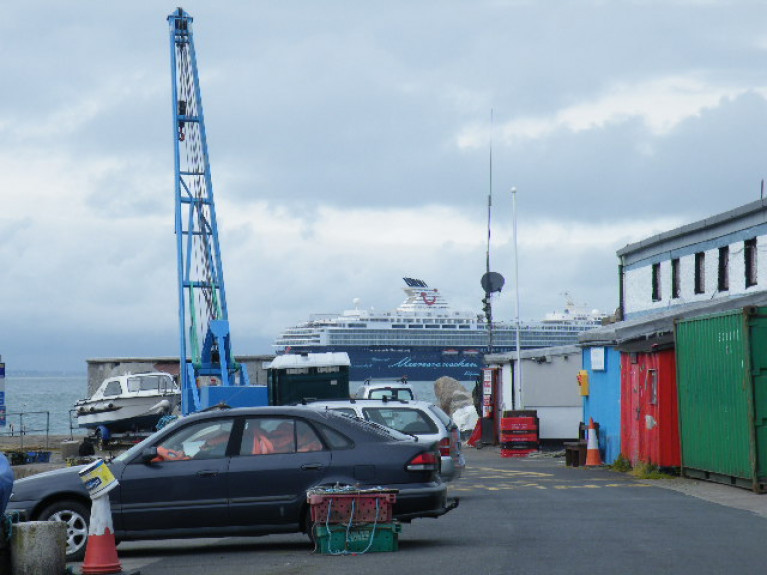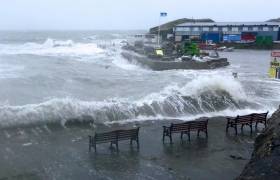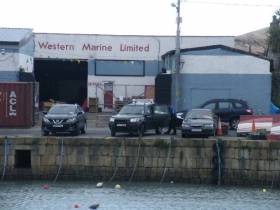Displaying items by tag: Bartra Capital
Dalkey Locals Celebrate As Planning Permission at Bulloch Harbour for Controversial Luxury Development Quashed
In south Dublin Bay campaigners against a luxury development at Bulloch Harbour, Dalkey have been celebrating after planning permission for the controversial coastal mansions was quashed last week.
An Bord Pleanala has conceded the judicial review brought by the association, reports Dublin Live..
Developers Bartra Property Group proposed to build three 3-story luxury villas and two apartments as well as a cafe on the site next to the harbour which is currently occupied by commercial buildings (of the former Western Marine premises).
The Bartra Group were given permission in 2019 despite 100 of objections being lodged and an inspector recommending An Bord Pleanala refuse it.
Some of the objections to the proposed development were the history of major flooding on the site from wave overtopping, the failure by the applicant to make proper environmental assessments, and the overwhelmingly large nature of the development in a sensitive site of maritime and natural heritage, Bullochharbour.org reports.
Dalkey residents have been celebrating the good news on social media.
One person said: “Brilliant, as a former resident of Dalkey, just up the road from Bulloch, since birth, this is great news.”
For much more on this development click here.
Bulloch Harbour: High Court to Hear Campaigners Application Against Housing Proposal
A hearing will be held in the High Court writes Dublin Gazette, on an application by local campaigners against a housing development at Bulloch Harbour, Dalkey next week.
Earlier this year, the controversial development got the green light from An Bord Pleanala for three three-storey houses, two apartments, a cafe and a number of other buildings.
There has been anger among some locals, who feel the proposals don’t fit in with the landscape of the surrounding area, and there are also concerns about the potential for flooding.
Save Bulloch Harbour is a campaign led by Bulloch Harbour Preservation Association (BHPA), made up of local boat owners, fishermen, harbour users and residents.
Next Monday, October 14, the high court will hear BHPA’s application for a judicial review of An Bord Planala’s decision to grant planning permission for the proposed development.
For more read here including details of a public meeting to be held by BHPA.
Revised Plan to Be Filed Today for Bulloch Harbour, Dalkey Development
#BullochPlans - Today, new plans are to be filed for a residential and commercial development in picturesque Bulloch Harbour, Dalkey, 10 months after a similar, controversial scheme was refused permission.
As The Irish Times writes, Bartra Capital Ltd, founded by developer Richard Barrett, will submit a revised vision for the small fishing harbour which includes a cafe, “marine leisure” facilities, detached houses and apartments.
The developer says it has taken seven months to consider the views of stakeholders and local residents and believes it has arrived at a “very good scheme”.
However, the Bulloch Harbour Preservation Association (BHPA), which rallied support for a campaign of opposition last January, says despite the new plans having “a nod” toward the community, further opposition is almost certain.
The previously unsuccessful bid prompted public meetings and was ultimately rejected by Dún Laoghaire Rathdown County Council in February.
Although planning will officially be lodged today, a site notice appeared at the harbour yesterday afternoon, outlining the plan.
It has scaled back the residential aspect from nine overall units to five, made up of three detached houses and two apartments.
For more about local concerns, click the newspaper's coverage here.































































